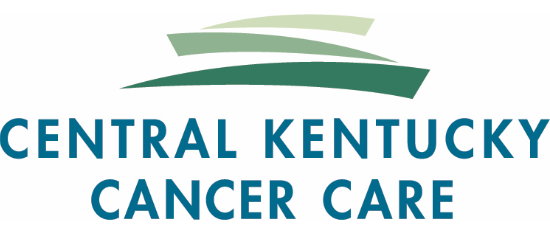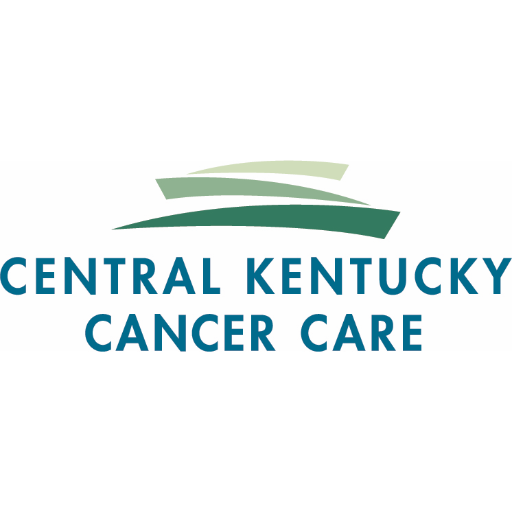Detection is Pivotal
Early detection is key to a positive outcome.
Cancer screenings are medical tests that are done when you are healthy, when there are no signs of illness, to help doctors find cancer early. The earlier abnormal tissue or cells are detected, the better your chances are for successful treatment, and increased chances of survival. Screening saves lives and early detection is the key to positive outcomes.
BREAST CANCER SCREENING | Mammogram
Women in the US have a 1 in 8 lifetime risk of getting breast cancer. A mammogram is a state-of-the-art digital screening of the breasts that is recommended to women age 40 and older. It is a non-invasive routine test that may be completed in as little as 20 minutes. When found early, the chances for successful treatment are greatest.
COLON CANCER SCREENING | Fecal Immunochemical Test (FIT)
Colorectal cancer screening is recommended for both men and women beginning at age 50. A Fecal Immunochemical Test (FIT) is an early screening test for colon cancer. It tests for hidden blood in the stool, which can be an early sign of cancer. If your doctor finds blood in your stool, you will need a colonoscopy to find out the cause. FIT is an easy to use test kit and is done in the privacy of your home, then sent to the lab for assessment. The FIT screening does not require fasting, as medicines and food do not interfere with results.
COLON CANCER SCREENING | Colonoscopy
A colonoscopy is a procedure that allows the doctor to view the inner lining of the large intestine (rectum and colon). With the use of a very thin flexible tube, the specialist is able to check for cancer or precancerous growths (polyps) in the colon or rectum, as well as find ulcers, tumors and areas of inflammation or bleeding. During a colonoscopy, tissue samples can be collected for biopsy and any abnormal growths can be removed. A colonoscopy is the dominant colon cancer screening strategy in the United States.
LUNG CANCER SCREENING | Low-Dose Computed Tomography (CT) Scan
Lung cancer is one of the most common forms of cancer and the leading cause of cancer-related death in the United States. It claims more lives each year than breast, prostate and colorectal cancers combined, and Kentucky has the highest rate of lung cancer in the country. For this very reason, CKCC providers assess patients to determine if they are a candidate for low-dose computed tomography (CT). A low-dose CT combines special x-ray equipment with sophisticated computers to produce multiple, cross-sectional images of the chest and lungs.
This allows a radiologist to look inside the lungs and identify suspicious spots that may be potential cancers. The scan is painless and generally takes less than one minute. Low Dose CTs are recommended for patients who are:
• Are age 50 and older
• Currently smoke or have quit smoking in the last 15 years and
• Have a 20 pack year history (1 pack/day for 20 years or 2 packs/day
for 10 years)
• Asymptomatic (no signs or symptoms of lung cancer)

Learn More About LDCT Screening



